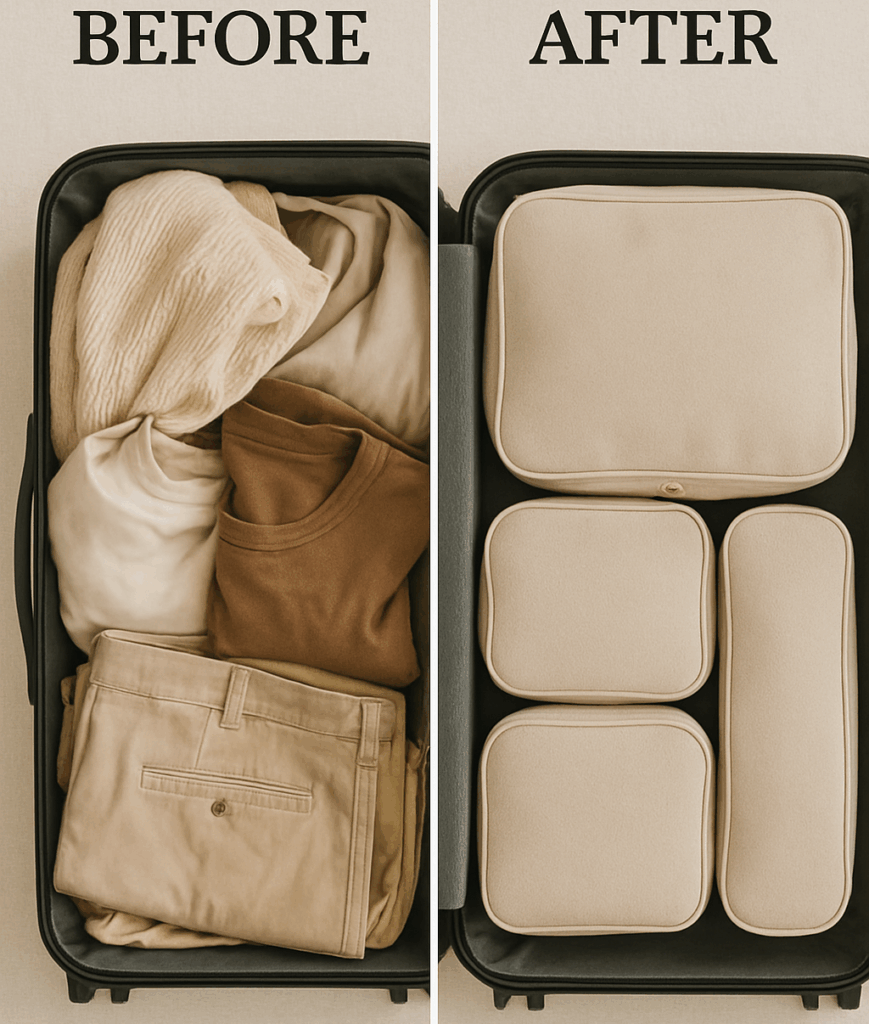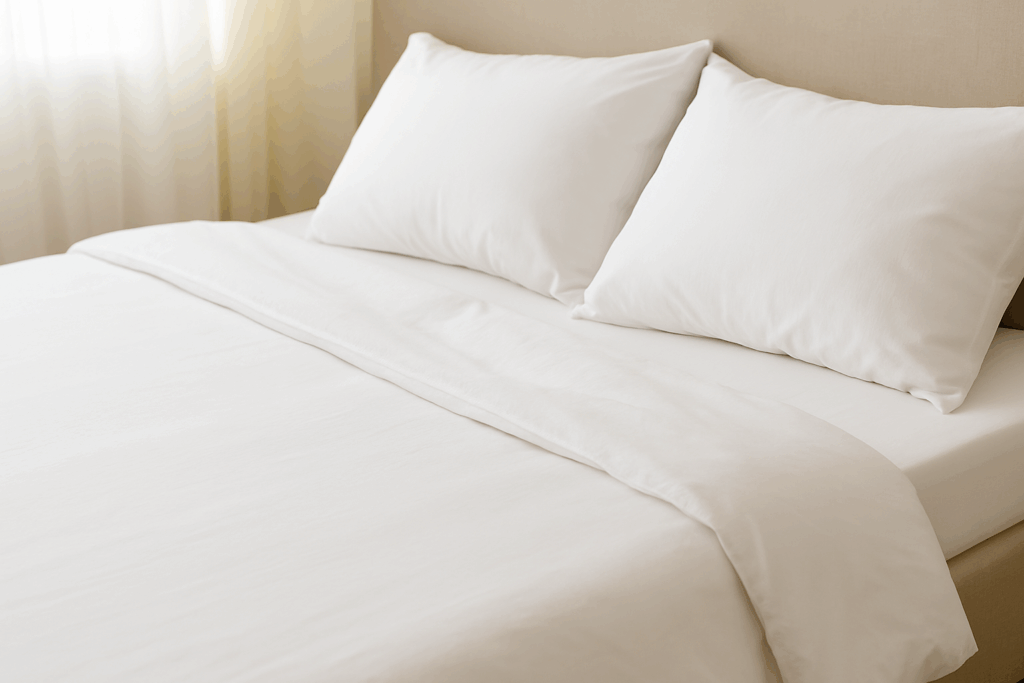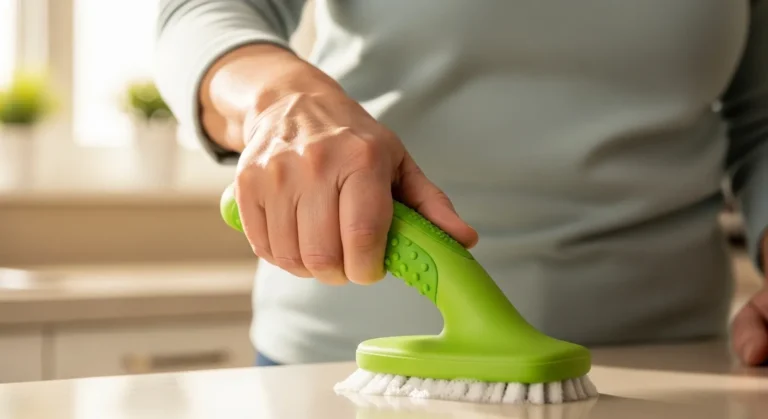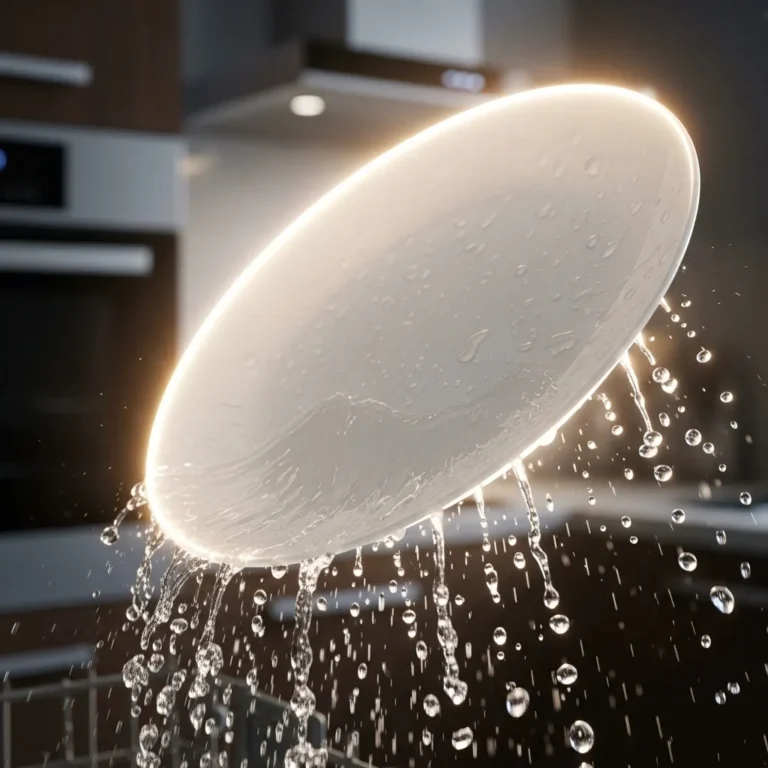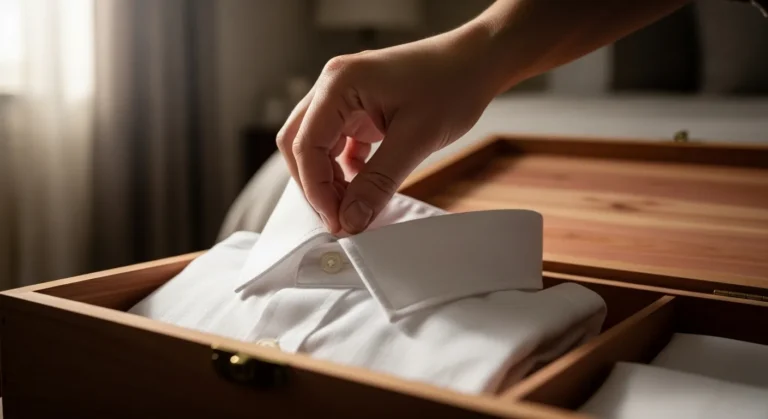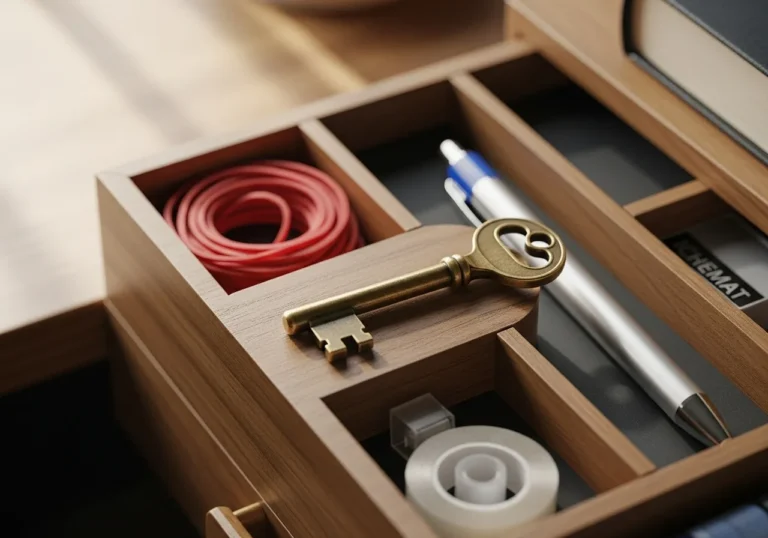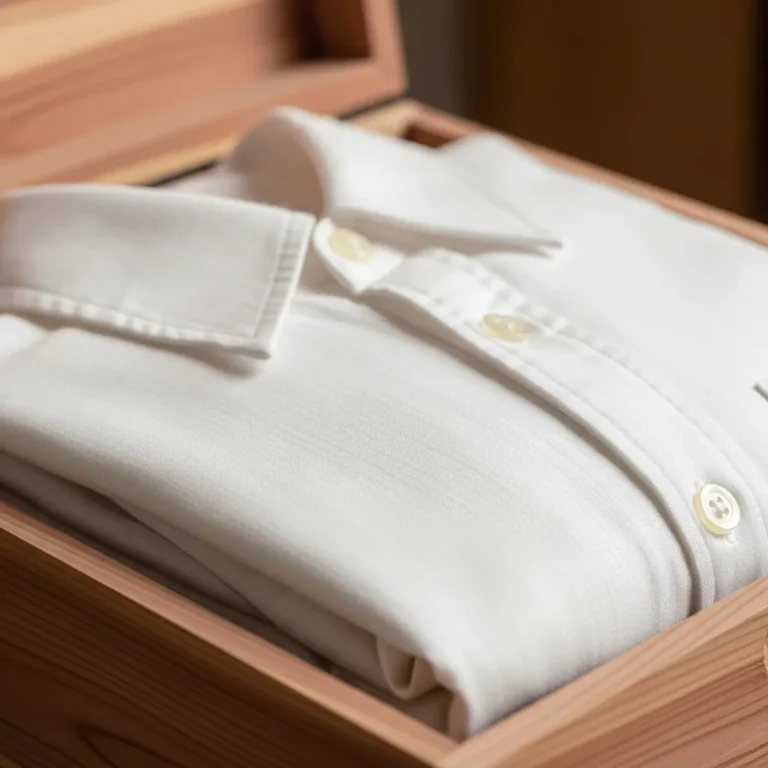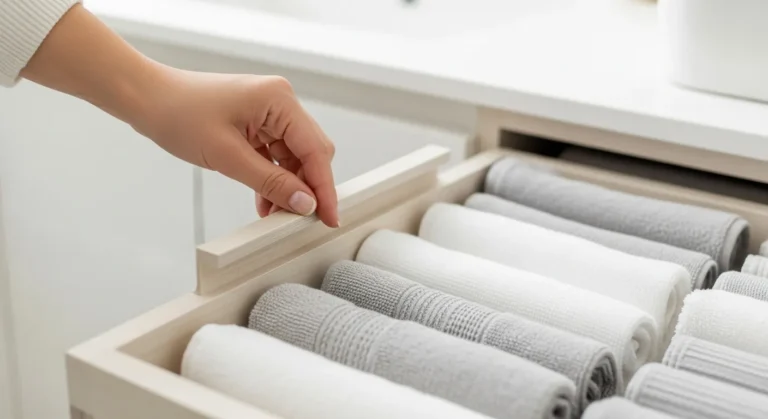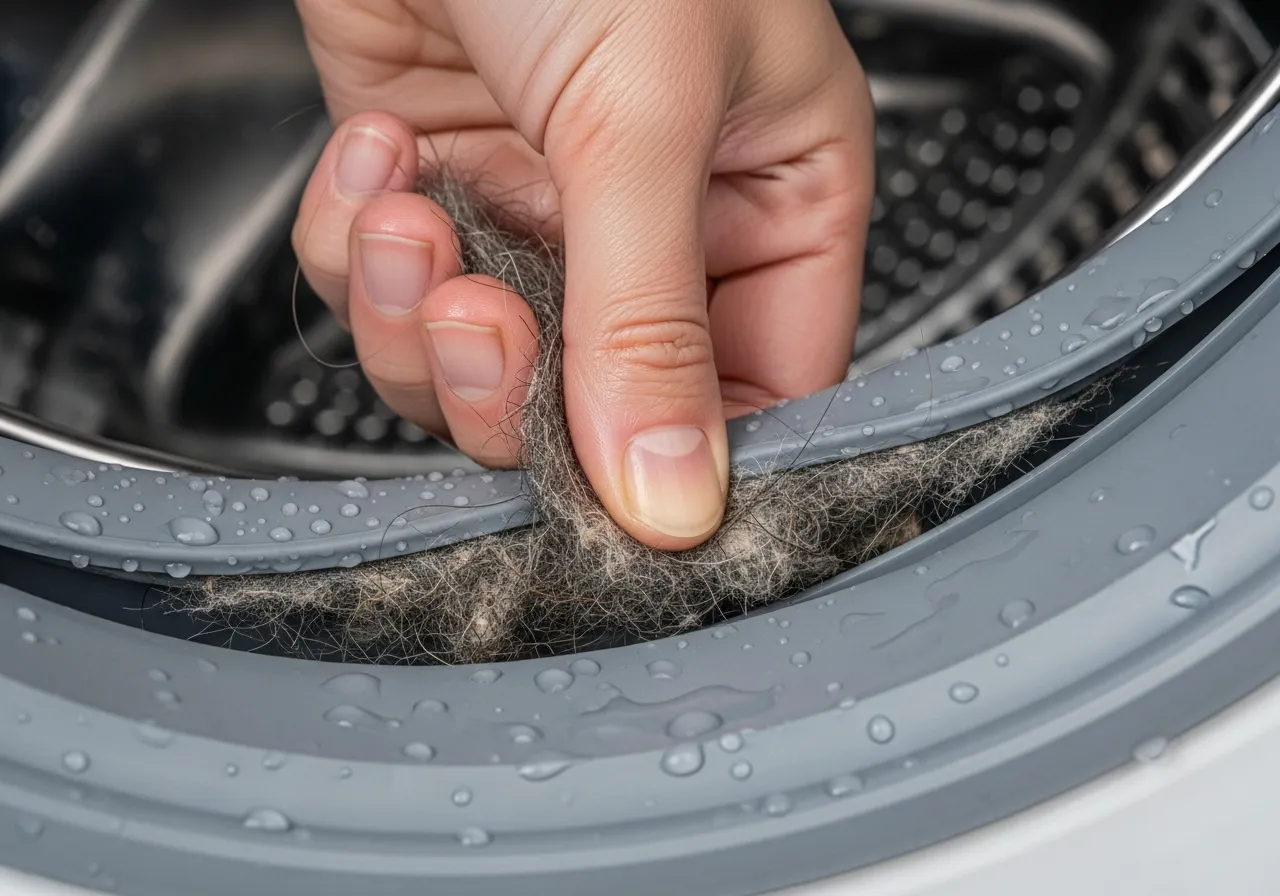
Why Your Washing Machine Smells (And How to Prevent It)
Understanding the root cause of washing machine odors is the first step toward conquering them permanently. It’s not a sign that your machine is broken; it’s simply a result of its normal operation in a moist environment. Several factors contribute to the buildup of smelly residue, and they can differ slightly between front-load and top-load models.
The primary culprit, especially in high-efficiency (HE) front-loading washers, is the rubber door seal, also known as a gasket. This flexible seal creates a watertight barrier, but its folds are the perfect trap for water, lint, hair, and detergent residue. In this dark, damp space, mold and mildew can thrive, producing that signature musty smell. Because front-loaders use less water, there isn’t always enough to fully flush away all the soap and soil, allowing it to accumulate over time.
Top-loading machines, while they don’t have a door gasket, are not immune to odors. Soap scum and mineral deposits can build up on the walls of the drum, underneath the agitator or wash plate, and inside the dispenser drawers. Just like in a front-loader, this buildup creates a welcoming environment for bacteria and mold.
Several modern laundry habits can unintentionally make the problem worse. Using cold water for most washes is great for saving energy and preserving fabrics, but hot water is more effective at killing bacteria and dissolving detergent buildup. Furthermore, many of us use too much detergent, believing more soap equals cleaner clothes. In reality, excess detergent doesn’t get rinsed away completely. It leaves behind a sticky film that attracts dirt and feeds mold. The same goes for liquid fabric softener, which is notorious for creating a waxy, water-repellent coating inside your machine.
Prevention is your most powerful tool in the fight against washing machine smells. By adopting a few simple habits, you can dramatically reduce the need for intensive deep cleaning.
First, always leave the washing machine door or lid open after each use. This is the single most important step you can take. It allows air to circulate, drying out the interior of the machine and the gasket, which discourages mold and mildew growth. If you have small children or pets, be sure the open door does not pose a safety hazard, or use a door latch to prop it open just an inch or two.
Second, be precise with your detergent. Read the instructions on your HE detergent bottle and use the recommended amount for your load size. HE washers require very little soap. Using more than needed leads directly to the residue buildup that causes odors. Consider switching to a high-quality powder detergent, as some experts find they leave less residue than liquids.
Finally, remove clean clothes from the washer promptly. Letting wet laundry sit in the drum, even for just a few hours, creates a humid environment perfect for mildew to start growing on both your clothes and the machine itself. Making these small adjustments to your routine will create a less hospitable environment for smells and keep your machine fresh for longer.






